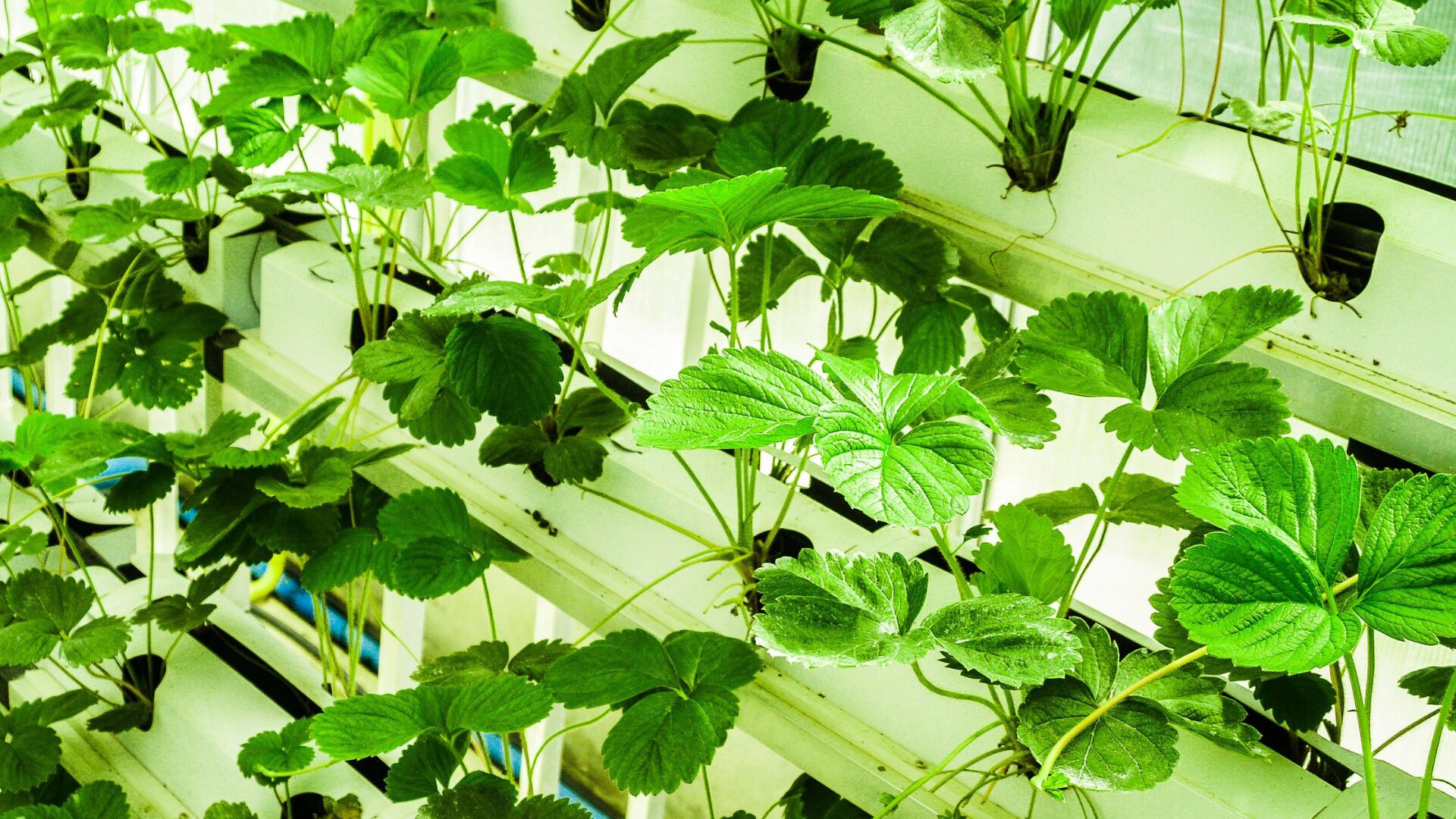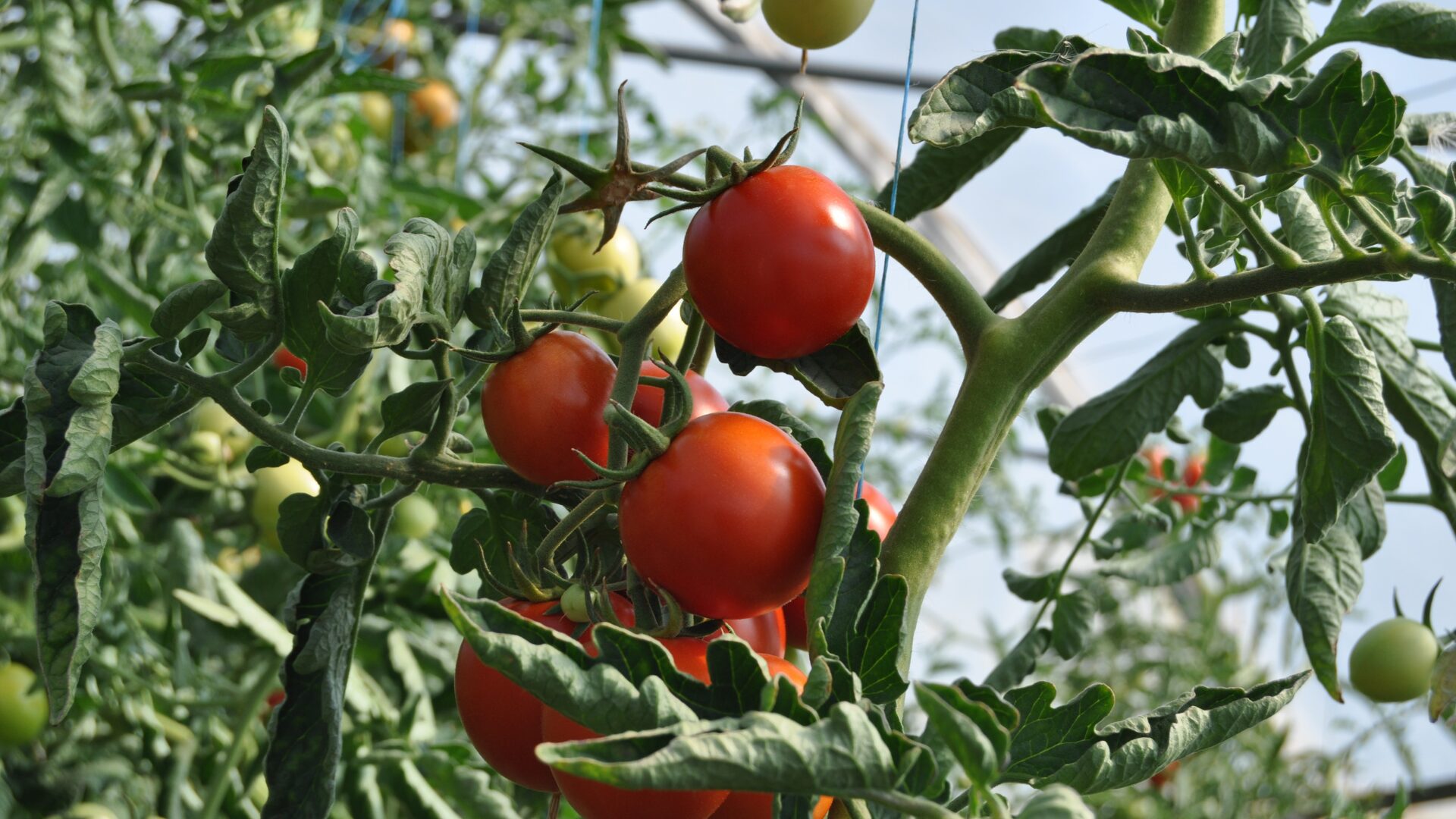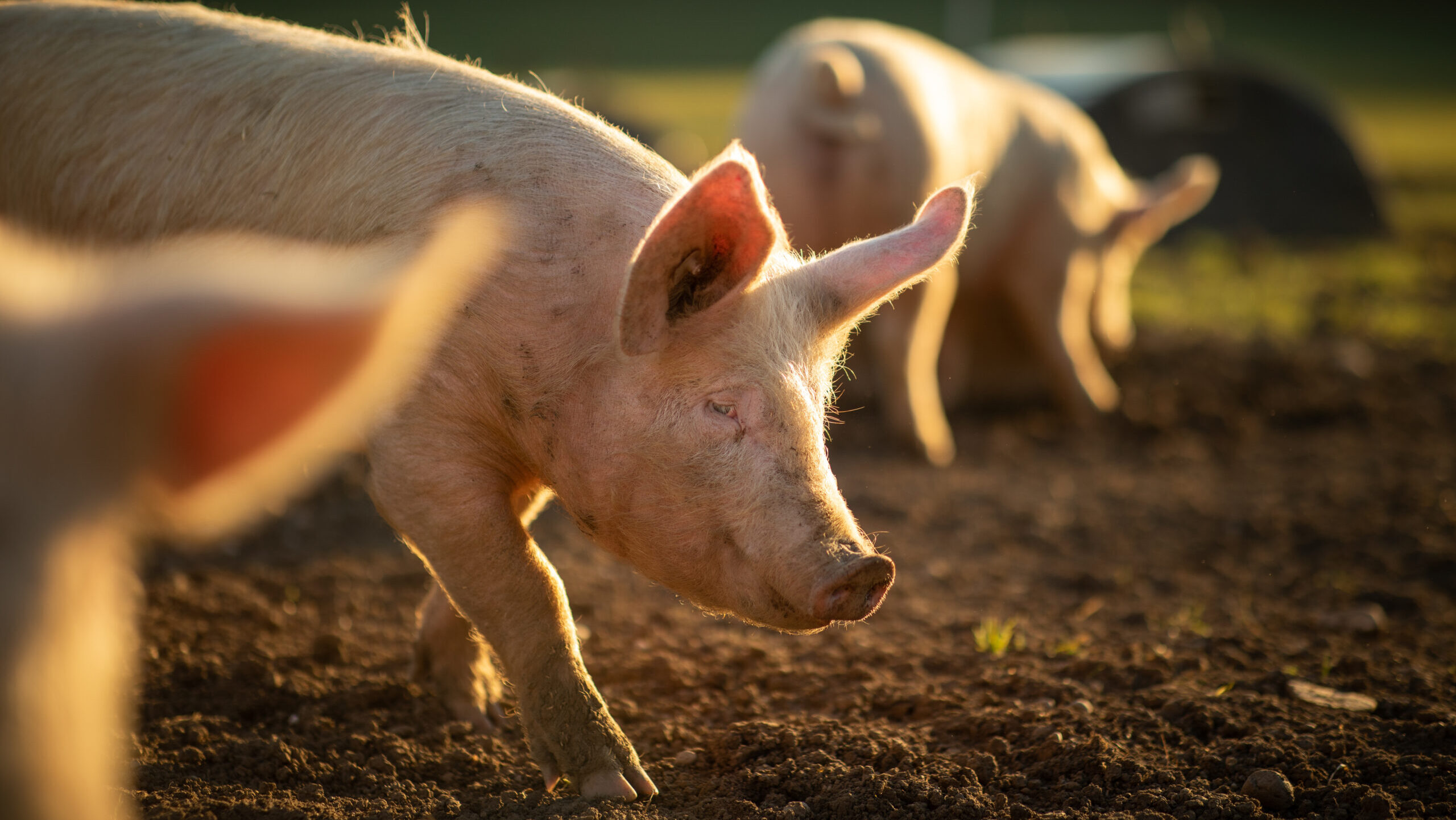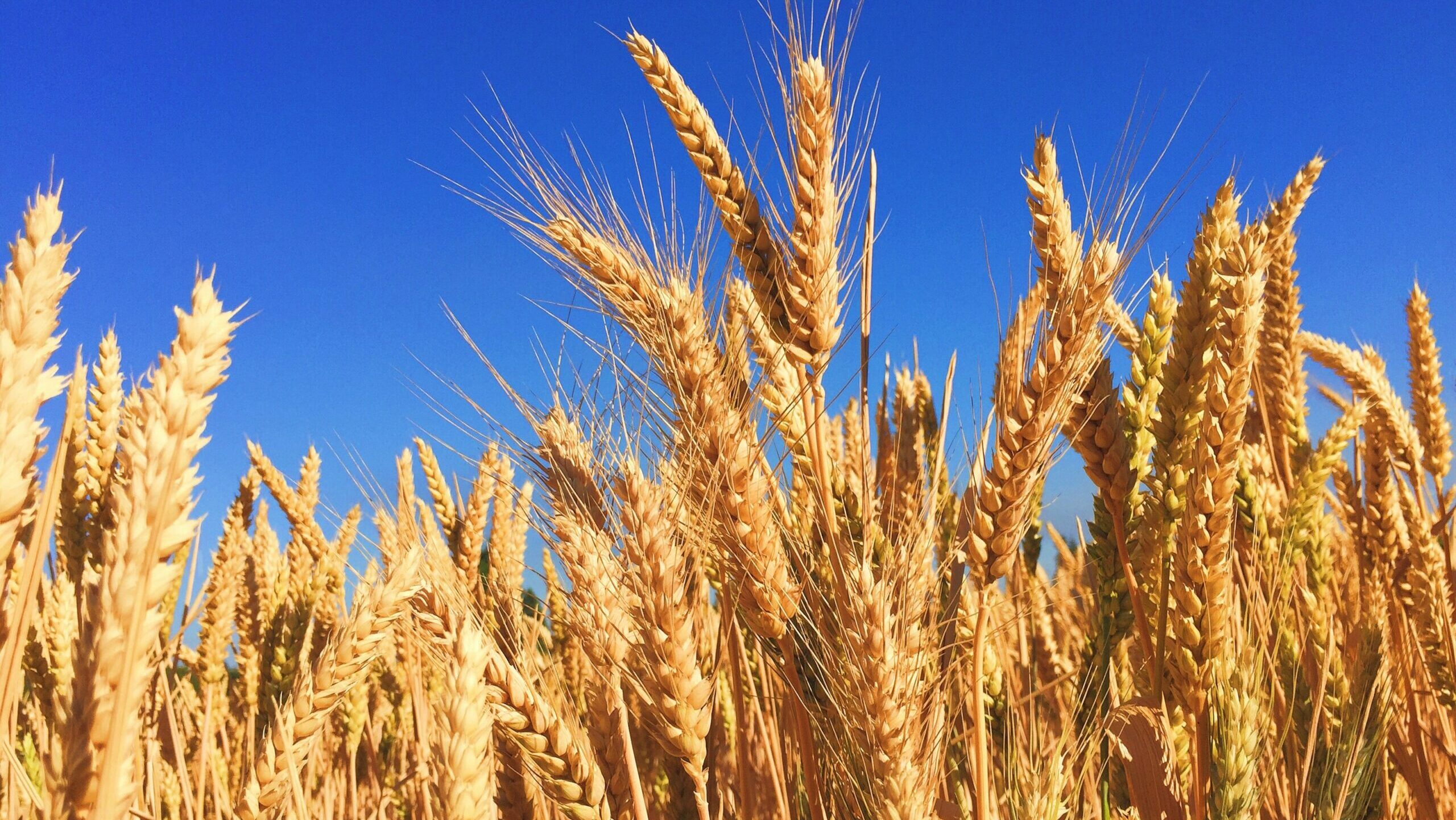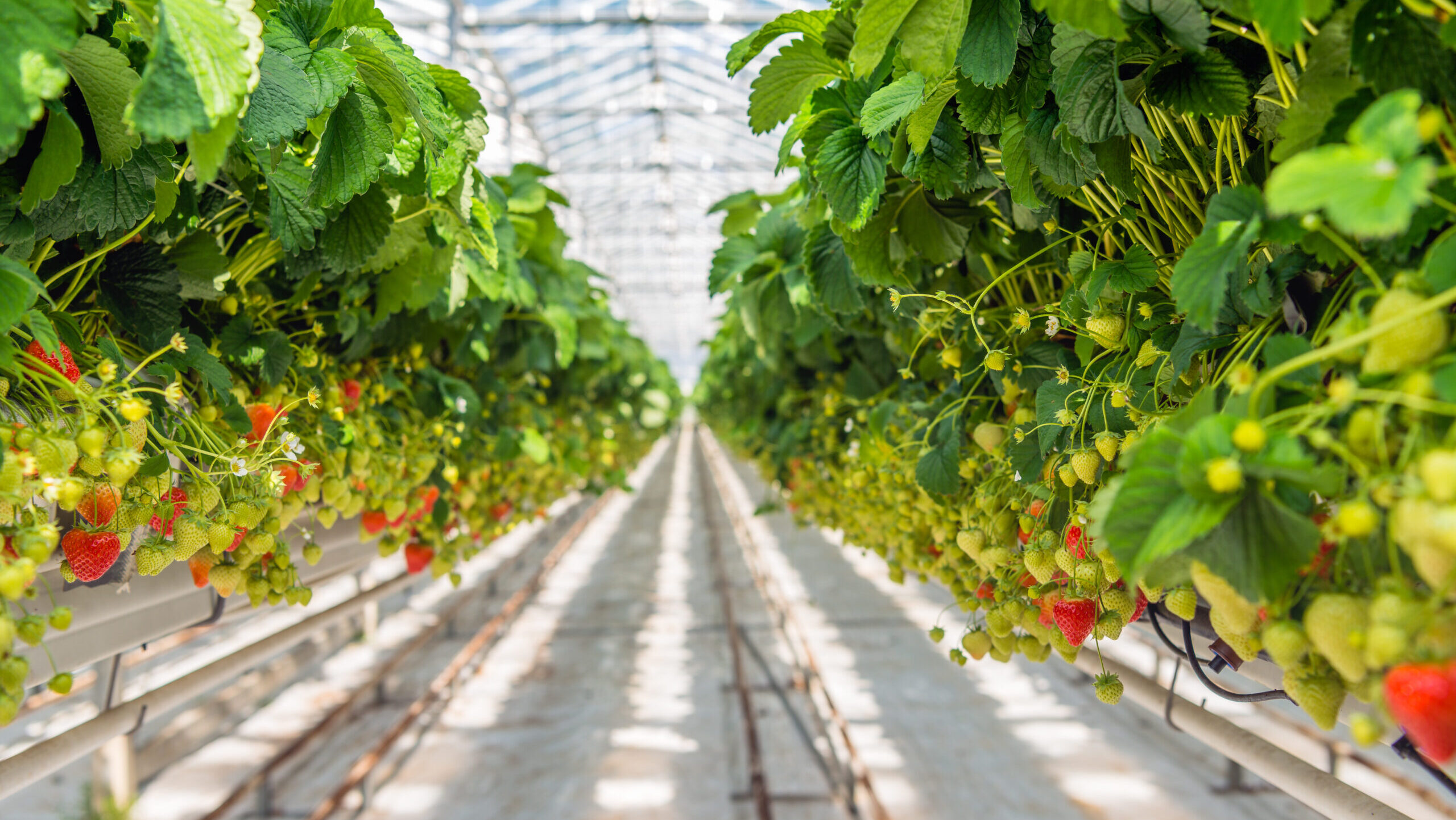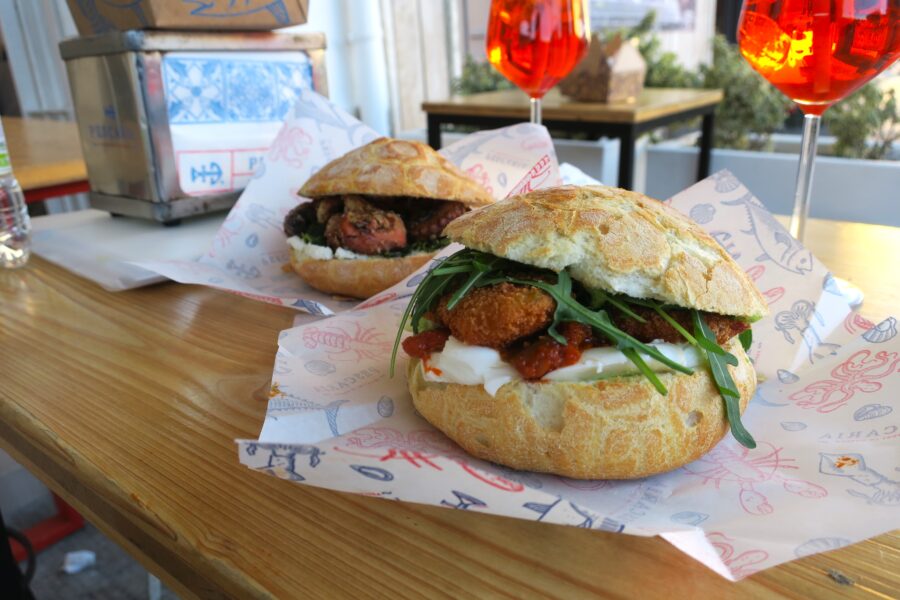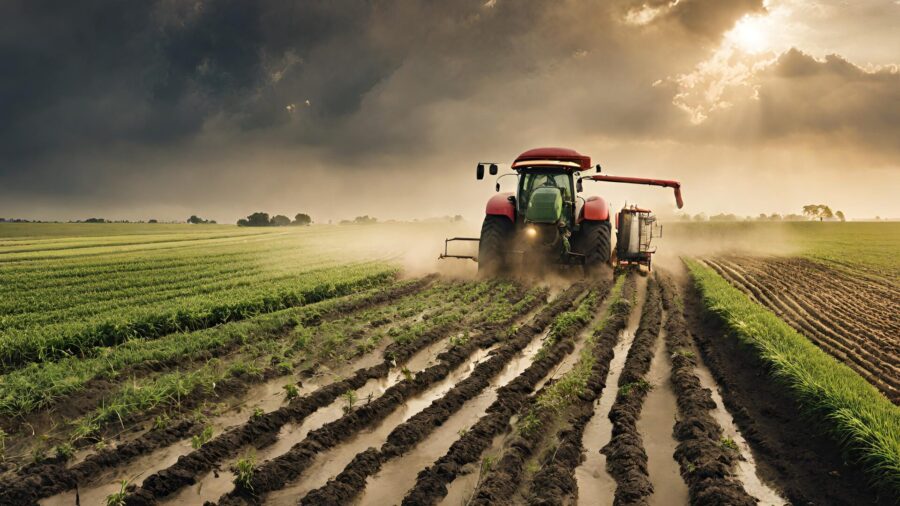Editor’s note: This report was updated Thursday to reflect the Russian invasion of Ukraine the night prior, as Russian President Vladimir Putin ordered a military operation in eastern Ukraine. Below, FI looks at certain ramifications of the conflict, such as its impact on inflation and the supply chain — inflationary shocks (impacting oil, natural gas, and fertilizer, for example) are likely to intensify.
Amid the Russia-Ukraine crisis, how will global food markets react? The Food Institute examined the issue, providing insight from an industry insider.
WHEAT MARKETS
The most recent world data through 2020 from the United Nation’s Food Agricultural Organization (FAO) shows that Russia has become far more important to the global wheat supply, Wells Fargo agricultural economist Dr. Michael J. Swanson told The Food Institute via email.
“Production and exports are highly correlated but not perfectly,” he said. “Since Russia uses wheat as a primary feedstock for its livestock industry a greater share of it remains in Russia.”
The Middle East/North Africa region is the biggest trade block for both countries due to proximity and shipping costs.
Ukraine and Russia are considered a key “bread-basket.” However, Swanson believes this is misleading. “The EU is more than self-sufficient in terms of agricultural production,” he said. “That is not to say they don’t import and export with Ukraine, but they are not dependent on them.
“Russia produces a disproportionate share of `small grains’ like barley, oats and rye in the global market due to their agronomic and historical practices,” said Swanson. “This will roil the specialty markets. Most people can stop drinking ‘oat milk’ but specialty grain markets will be scrambled.”
FERTILIZER IMPACTS
In 2021, fertilizer prices were in short supply, leading to higher prices. And Russia was the largest supplier of natural gas and oil to the European Union last year.
Swanson noted that, fortunately, the U.S. is a major producer of NPK (nitrogen, phosphorus, and potassium – the three nutrients that compose complete fertilizers), and Canada also has major production of potash.
“Other countries will be left in a more precarious situation if Russia’s supply is held off the market,” added Swanson.
WESTERN COMPANIES REACT
Meanwhile, western companies with operations in Russia and Ukraine recently prepared for the impact of sanctions, reported The Wall Street Journal (Feb. 23).
Among the companies are Danone SA, which has two manufacturing plants in Ukraine, and Danish brewer Carlsberg which has three breweries in the country.
Now that the Russian invasion of Ukraine has begun, will supply chain disruptions affect U.S. markets? Potentially.
“That is a highly speculative subject,” said Swanson. “We have already heard that shipping companies are avoiding certain ports and routes due to risk, but at the same time that is not a U.S. centric area of the world. So, I don’t think we will have major problem, but you never know what routes carry what.
“When the Suez Canal was blocked last year, we found out all sorts of things would be impacted.”




